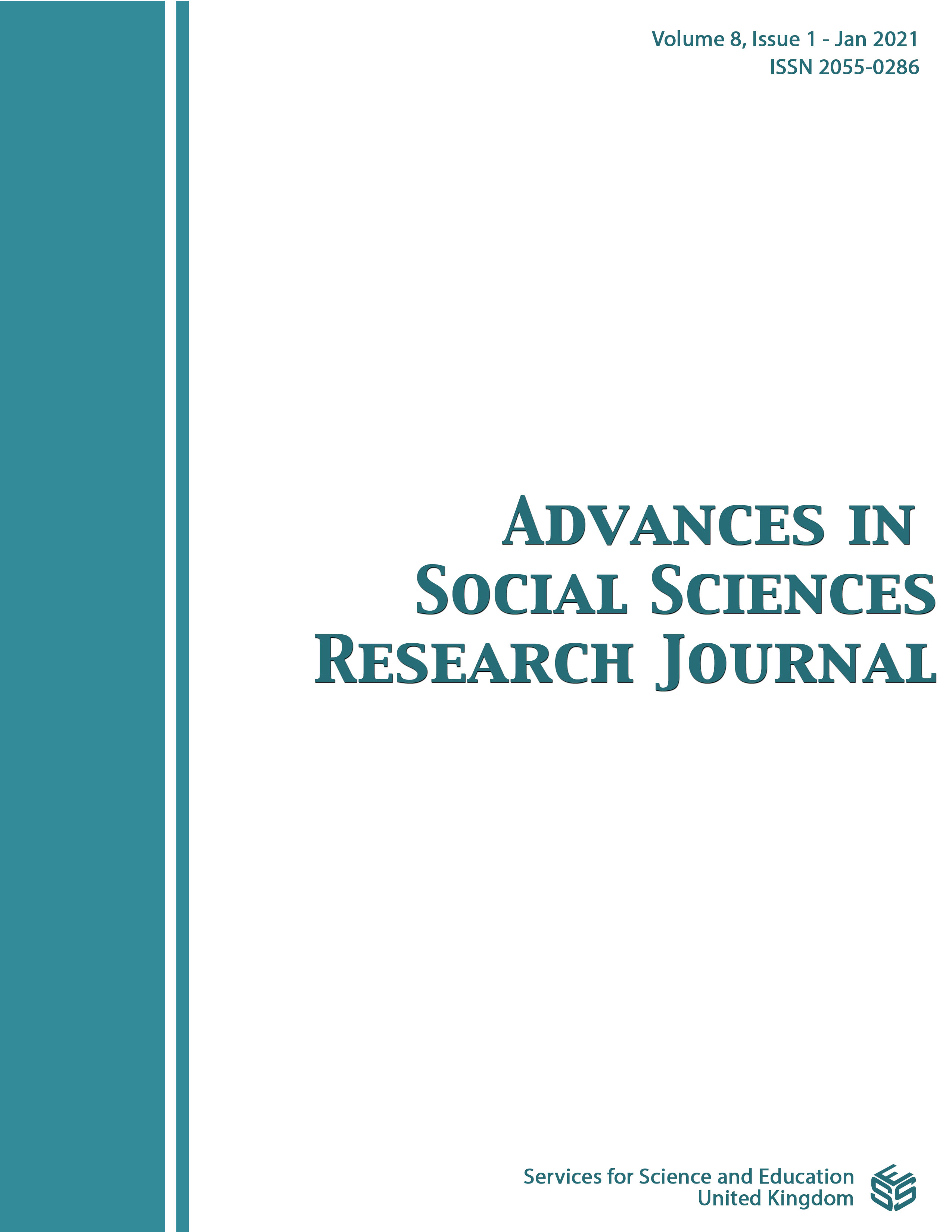EFFECTS OF SLUM UPGRADING ON SECURITY MANAGMENT IN SOWETO SLUMS, ROYSAMBU SUB-COUNTY IN NAIROBI, KENYA
DOI:
https://doi.org/10.14738/assrj.81.9648Abstract
This paper uses data collected for an MA Thesis to explore the effects of slum upgrading on security management in Soweto slums, Roysambu sub-county in Nairobi, Kenya. The study was guided by three objectives to establish social effect of slum upgrading on security management in Kahawa Soweto slums; to examine the economic effect of slum upgrading on security management in Kahawa Soweto slums; and to establish the challenges of security management in the slum upgrading programme for Kahawa Soweto Slums. The study adopted a descriptive research design and random sampling to select 318 respondents (main respondents) and 10 Key informants (K.I). Questionnaire was the main method of data collection while interview was used to collect data from K.I. Data collected was organized, and systematically interpreted thematically by use of graphs, frequency tables, and percentages.
This study established the relationship between slum setting and rise of crime and insecurity in Kahawa Soweto slums in Roysambu sub-county in Nairobi, Kenya with 69.2% of respondents agreeing to this count. According to this study, poor roads, high poverty levels, low education levels, poor spatial designs/environmental design of slum area and housing, absence of police station and poor lighting predisposed the slum dwellers to crime and insecurity. According to this study slum upgrade will reduce crime and insecurity, given that special aspects such as improvement in spatial designs/environmental design of urban areas and housing with enhanced modern lighting will significantly reduce crime in slums by eliminating criminogenic and insecurity risk factors. Additionally, improved economic effects of slum upgrading on slum dwellers would build resilience to crime and insecurity. This includes; Job creation, provision of educational facilities such as vocational training institutes (polytechnics), basic education institutions (primary and secondary schools) as well as other skills enhancement institutions. Community empowerment aimed at income generating activities, construction of police station to provide security to the slum dwellers (77%), and construction of better roads (55.3%) were recommended to reduce crime and improved security management in Kahawa Soweto slums in Roysambu sub-county in Nairobi, Kenya.
Downloads
Published
How to Cite
Issue
Section
License
Authors wishing to include figures, tables, or text passages that have already been published elsewhere are required to obtain permission from the copyright owner(s) for both the print and online format and to include evidence that such permission has been granted when submitting their papers. Any material received without such evidence will be assumed to originate from the authors.






